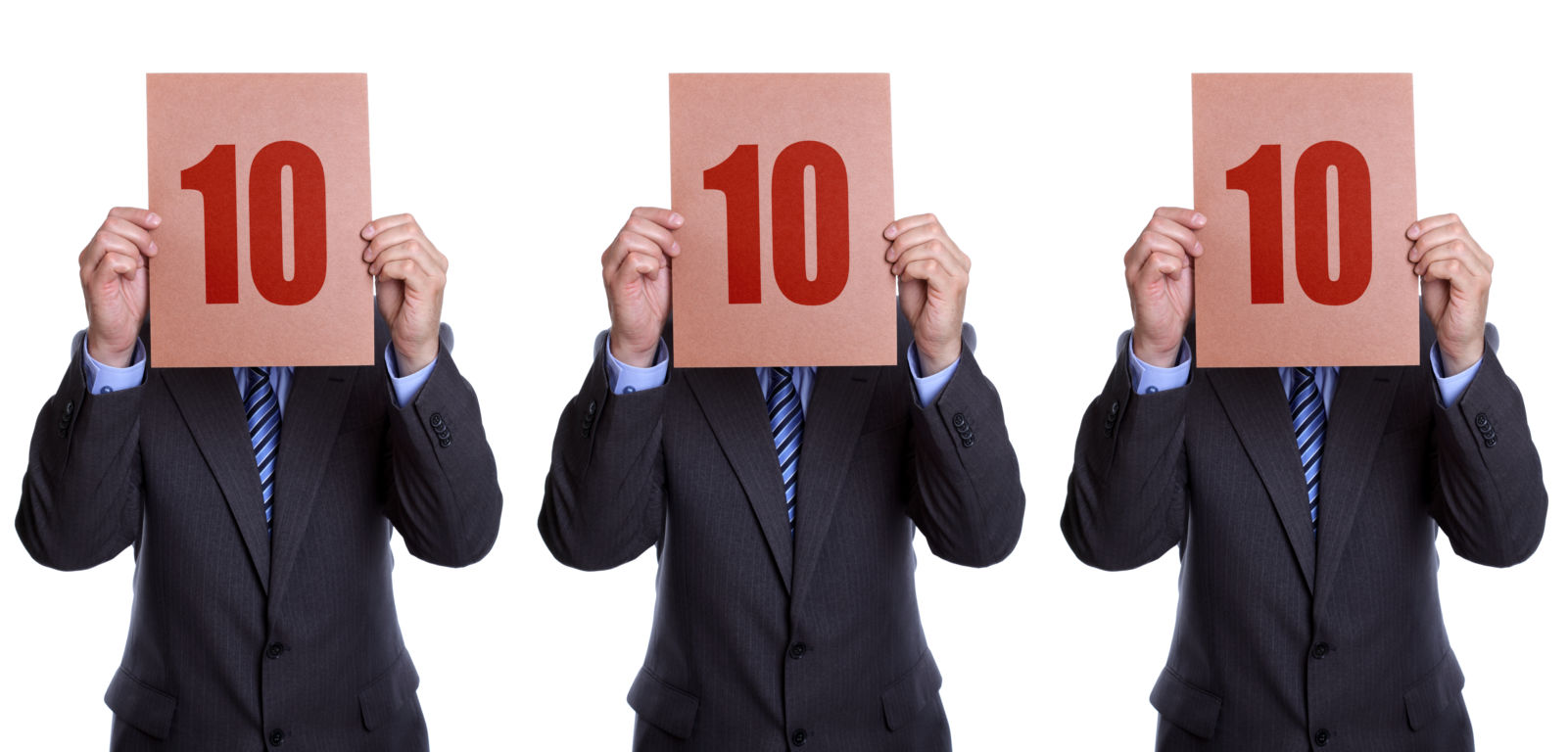Quick Summary
Top salespeople excel by building relationships and trust. Paying them commission may misalign incentives, leading to short-term gains instead of long-term success.
Takeaways
- Top salespeople focus on building relationships and trust, not just closing deals.
- Commissions can misalign incentives, encouraging short-term focus over long-term success.
- A fixed salary may encourage salespeople to prioritize customer relationships and long-term growth.
- Sales teams should be motivated by value-driven goals rather than transactional rewards.
- The focus should be on sustainable business growth, not just individual sales numbers.
I recently wrote a blog discussing Justin Roff-Marsh’s approach to sales structure which he lays out in his fantastic book The Machine. I’m going to expand on a key area that Justin and I agree on – you need sales “A-Players”, and you do not need to pay commissions to get them. In fact, the idea of commission could be clouding your approach. As part of this, I would also like to address a few common misconceptions about the idea of salespeople – you want to make sure you’re getting the right people on your bus.
If you have found your salespeople to be inefficient (& let me repeat a fantastic idea from Justin to test this – if you double your sales team, would you double your revenue?) If adding extra sales guys won’t make your boat go faster, it’s probably time to restructure your sales. Streamlining your process will not only mean that your salespeople will be able to spend more time selling, it should also mean that you have the most effective members of a team. No one in your sales team should just be there to fill a chair.
A-Players
A- Players are the top 5 to 10% of available talent for a given job, salary and location. You should be looking for them in every aspect of your hiring processes- and sales should be no different. Notice that our definition draws attention to the idea that A-Players should not cost more (an idea explained well in A Player by Rick Crossland). You know who your A-Players are – they’re the ones who need less management and achieve more- now imagine how much more effective your sales team would be if you could fill it with them.
I can’t stress enough that this is a problem you can solve- it’s a hiring issue that can be planned around. For example, you don’t necessarily need to be looking for existing top sellers. You should be looking for enthusiasm and commitment to sales; in the same way, that you might expect from your best software development people. In their interview, they should demonstrate a curiosity and art for their craft. They should know what’s new or tell you their favourite books on the topic. I’ve heard a concerning number of ‘great sales people’ give the expected “I’ve never had any training, somebody told me I should be in sales because I’m a big gobby. I’ve got lots of experience doing the job in a mediocre way for a long time.” No. We were not looking for ‘natural sellers’; we’re finding people who might be two standard deviations from the mean.
Top Salespeople

There’s a fantastic assessment of drivers and motivations of top salespeople in The Harvard Business Review. It analyses the personal motivators of the top achieving sales people. They can be seen as greedy, but HBR finds their top motivators in the workplace to be achieving success and having that success recognised. Their research “shows that top sales professionals have a different level of self-confidence, personal certainty, and pride.” We should build environments where our best salespeople can find this satisfaction. We want to motivate and attract A-Player’s in sales, and across the company. Money-motivated is not necessarily any more of a drive than it is to other A-Players across the business. Obviously, there’s an element of this, as there is in any of your teams, and I’m not saying pay them less; I’m saying pay shouldn’t be variable!
Commission
I know what your thinking “A-Players will make the most money through commission” well, possibly. Still, controversially Justin Roff-Marsh argues commission won’t drive sales success – and I agree entirely. There are plenty of negatives to commission schemes (as of course, we have moved away from it in every other area of business) I recently chatted to Andrew Holm & Julian Wilson on the Melting Pot, who, like Justin Roff-Marsh, have great expertise in streamlining business structures. They pointed out that when they used to pay their guys on it an hourly rate as it went into the summer or the Christmas holidays, a six-hour job would take 16 hours. It’s not a negative assessment of their team; it’s human nature, no one was conspiring to do it, but they effectively paid themselves a holiday bonus. With commission, you are not focusing on best practice.
If we said to our A-Player software developers that we would only pay per line of code, do you think they might end up writing shorter lines of code? Let’s look at sales in the same way. With commission, you are not incentivising efficiency or championing an exciting new process for your thriving team – you’re saying I’ll pay you per sale, any sale. And if there’s a failing in the system that’s preventing the team from making many good sales (time wasted on admin, for example), you’re not helping address this; commission says you need to make those sales— actively encouraging them to sell the wrong stuff to the wrong people. You should hire people who are motivated to be the best sellers they can be and only incentivise them to sell to the best fit for your company. Your sales should be driven by your proposition and your sales-focused marketing department, to find the people who actually have the problem your company solves. Taking away commission estivaises them to serve your customers as well as they can do.
Justin Roff -Marsh sets out a structure to help you do this and to help your existing A-Player Salespeople achieve their potential. You can learn it directly from him at our workshop on May 26th.

